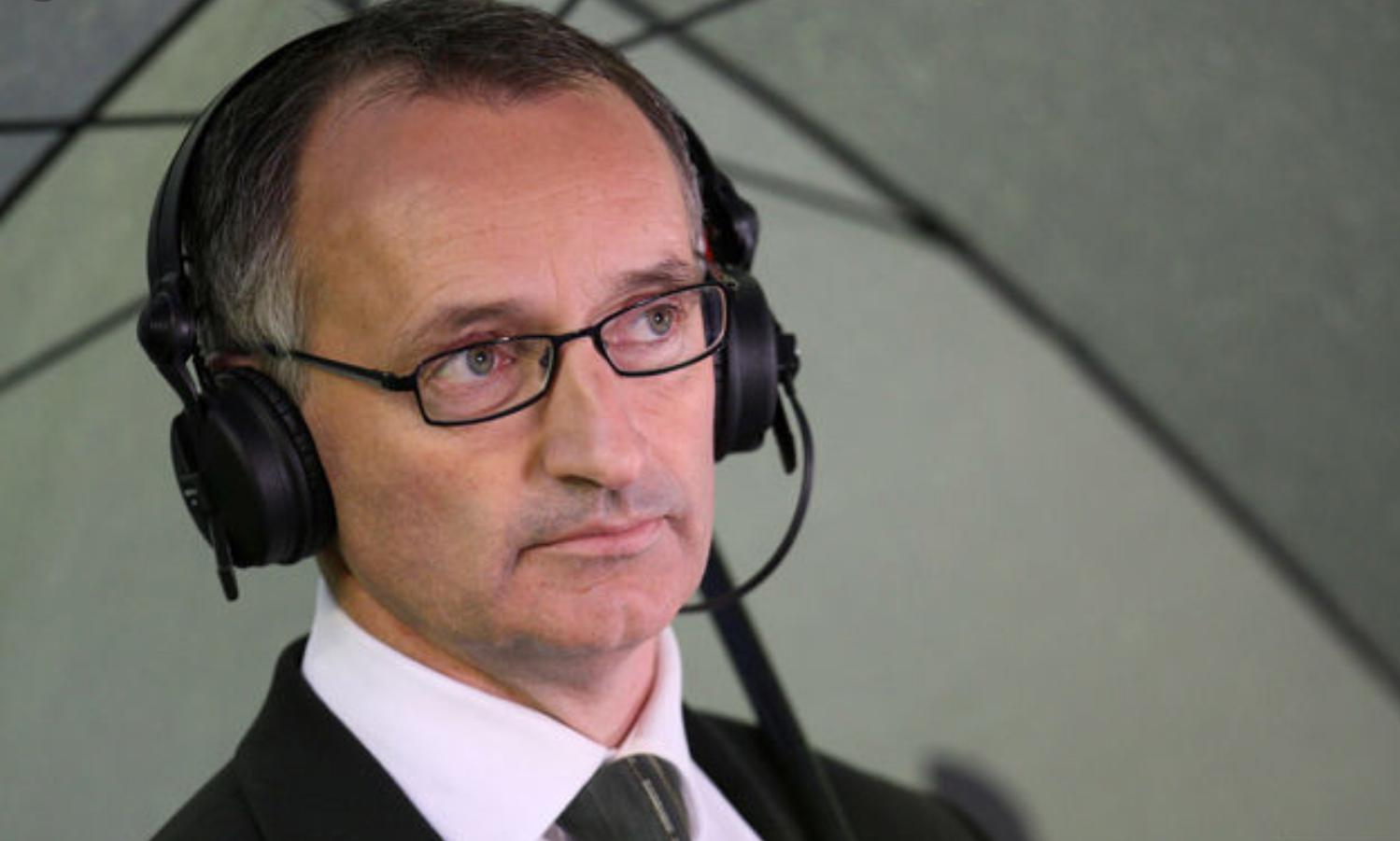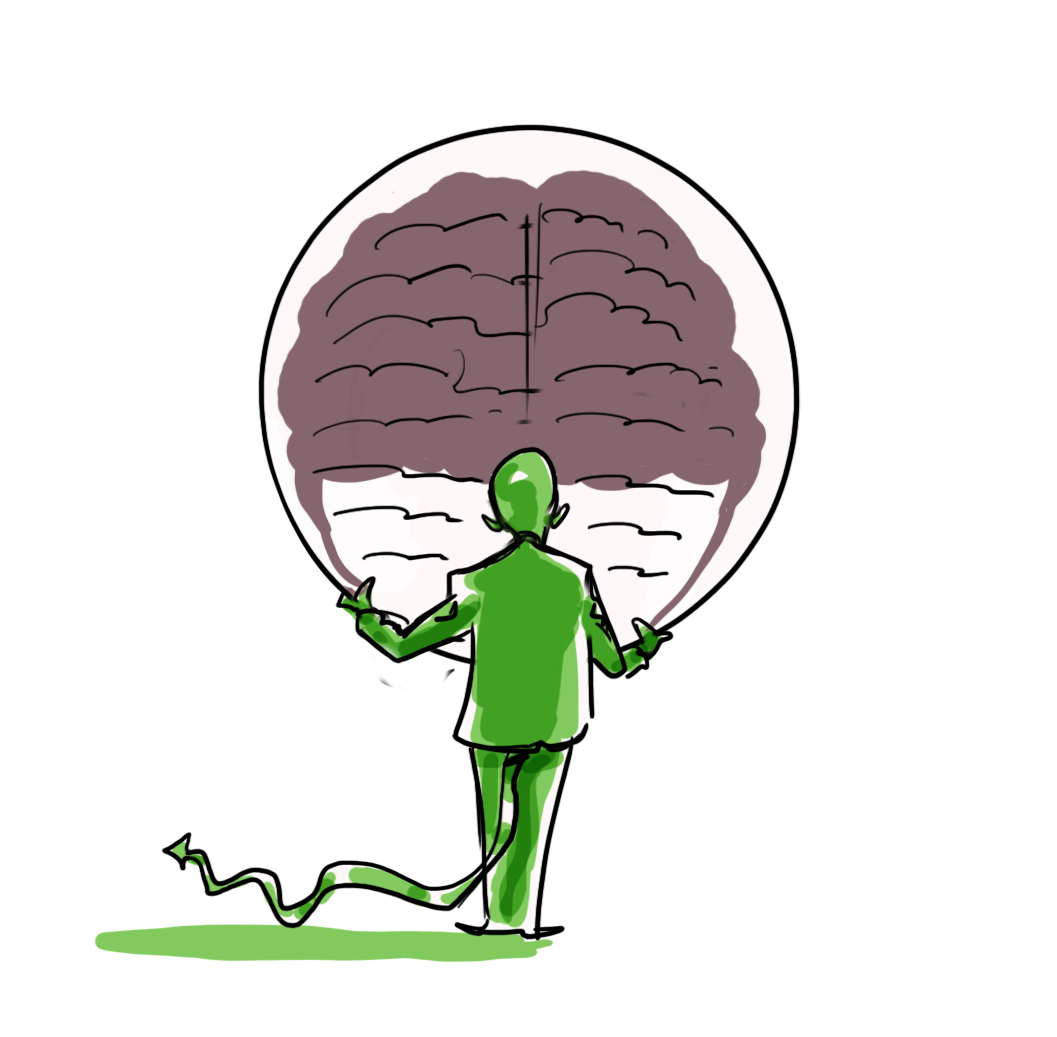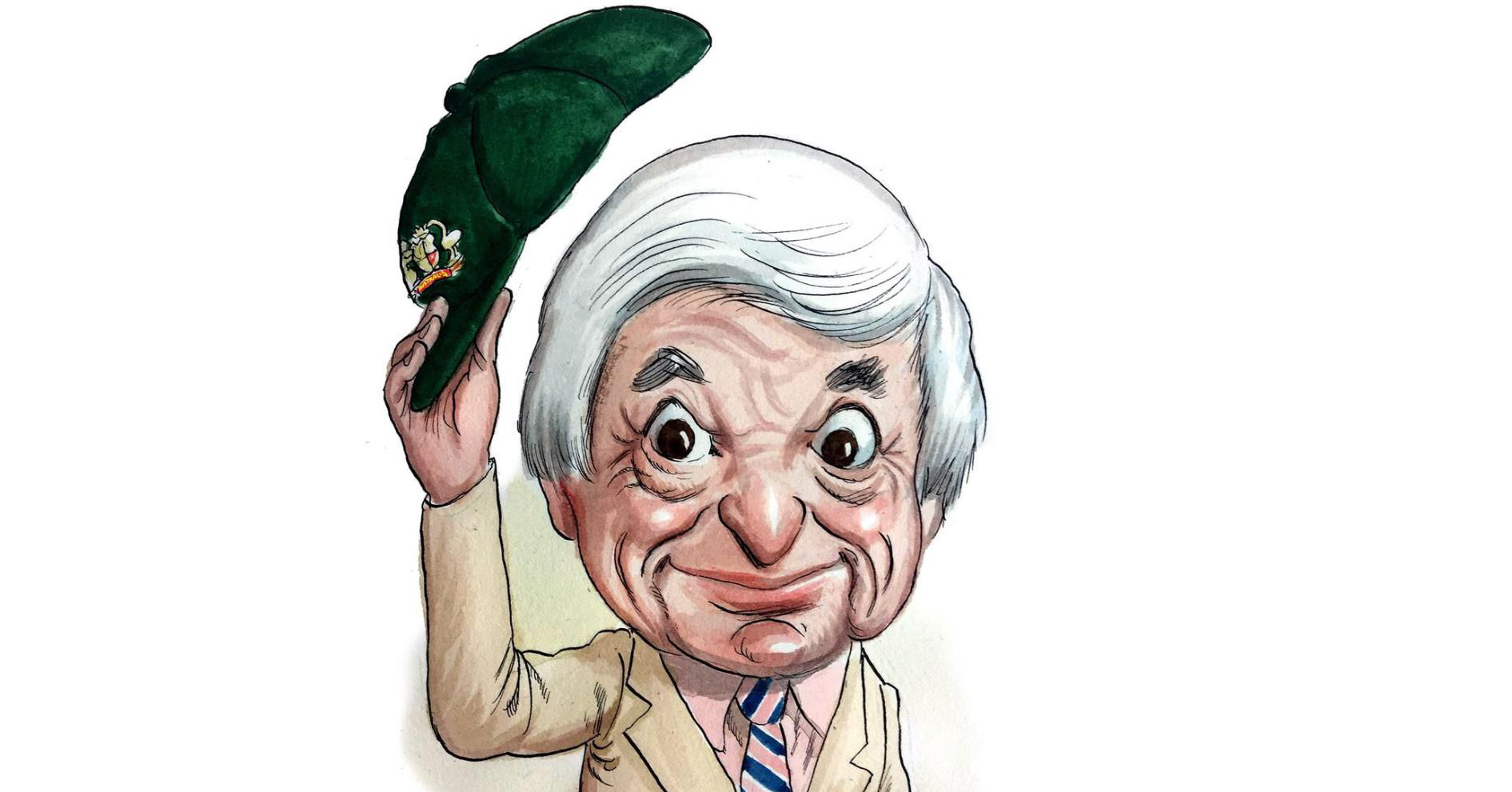For all of us of any generation, sport is a life journey. So, how we view it at say 50 is naturally with different eyes than the 10 year old we once were.
Sport remains a constant, a certainty, a point of reference.
Or does it?
These days, when we have the arrival of very rational financial investors and PE firms, more and more of us are dismayed by the accepted wisdom of a new direction, needing, we are told, to adapt to younger generations and wider global audiences. To keep the sport young, and not die off. Demographics and debt financed is the new black.
This mantra dictates new shorter formats for our games, snack-size ready, to match the attention deficit of 20-somethings brought up on 6 second vines. Distributed to a global audience from Jedda to Jakarta, offering interaction to these massive numbers, in their prime time.
New communication styles, via social media, to engage and promote a conversation, amongst entitled equals, of frenetic immediacy. Impact disposable content over legacy. Like celebrity deaths, they flame for a day and are forgotten.
On that, who actually is dictating the need for this democracy of homogenous opinion around sport, when my voice patently cannot compete with the authority and authenticity of a great narrator? Why do we insist on equal weight? Why have we allowed this? “We” being my generation, the guys who in the 90s changed the whole damn thing.
For all the hype and excitement around pick-your-view, 30-camera coverage; join-the-conversation have-your-say tweets and posts, I’d like to suggest that we are no longer in the golden generation of sports broadcasting. That’s gone.
Your scribe, who earns a crust in the sports industry, is as guilty as anyone of peddling the gospel according to St Millennial; with the buzzword bingo of OTT, direct relationship with the fan, where all that matters is the big data of know-your-fan engagement.
But I hear sirens every day. I’m a fan before I’m a sports business advisor. And it feels wrong.
This is NOT how we grew up, and why we are sports fans. Culture was passed by our parents and lay preachers like Maskell, Coleman, Benaud (pictured above), McLaren, O’Sullivan, Allis, Carpenter, Moore, who told us our stories, on radio and TV, and we trusted them. They transmitted a sense of warmth and comfort. They didn’t post to provoke a reaction. They didn’t throw twitter grenades of controversy to poke the mob. They spoke, we listened, and that’s how it should be. Guess what, their words are memorable.
 Indeed, this whole article is prompted by the wonderful letter written to Test Match Special by a listener.
Indeed, this whole article is prompted by the wonderful letter written to Test Match Special by a listener.
https://www.mirror.co.uk/sport/cricket/mans-emotional-letter-late-dads-13114625
Sure, we got suckered by a nostalgic letter, which vice of the aged, which runs through every sports fan of a certain age. But it touched a nerve.
Enough. As the article title suggests, the sports business is forgetting something.
The market for “authenticity”.
I’m massively long “authenticity” in sport, with both hats on.
From a commercial point of view, the grey sports fan market is numerous, with high disposable income, which should in theory appeal to broadcasters and advertisers. We won’t cut the cord. It’s the market of Rolex.
Then, from an emotional perspective, people like me want desperately to maintain their culture of 5 day tests, 4 round golf, 5 set tennis, real national champions in the Champions League. Because this is the point. Sport is not just content. It is more.
Sport is by necessity about history and tradition. Achievement must be benchmarked, comparisons made, records broken. It is about YOUR team and YOUR hero, and the connection you have to them and, by extension, the connection you have to the purity of the game itself. Whether it’s a certain player or a certain club, we have an authentic connection that we feed as we grow, starting as that impressionable 10 year old.
It’s an uncomfortable truth that this connection is being lost. We can all feel it, in ourselves and in our mates, but to date we have all chosen to bury our head in the sand, drugged up on celebrity, financial return, tech and razzamataz. Oh, and twitter feuds.
Content instead cares nought about yesterday. It’s either works now or it doesn’t. And then it’s gone. KSI v Logan will trouble no boxing historian and expert. It’s got 2m; that’s it’s role in life. This may very well be the Gen Z market for sport. And be a wonderful business. But it will never play the role of custodian of the game and its culture. So be careful what you wish for.
Sport, media and entertainment is right in the middle of an increasingly polarizing world. The custodians of sports, and the industry that feed off it, need to see that and drop this one-size-fits-all approach. There is more than one market. But only one single culture.
Here is the Market for Authenticity.
It’s not about the flames that shoot out from the sidelines when the teams take the field. Its not about the ref taking the ball from a plinth in a carefully-staged camera shot. Emirates check-in desks on the field isn’t authentic. Qatar World Cup isn’t authentic. Fans being bludgeoned into overly PC language just isn’t authentic. Removing grid girls distills the authentic images of Hunt and Hill.
Enough of accepting all that.
For many, this is not the sport they want. The old commentators were great because they narrated stories and gave context, in turn, generating fan discussion and the infamous banter. There is a market for all that. There is a need for all that.
Criticize it as nostalgia, old-England values to the notes of Jerusalem, tired old white chauvinist men crying in their G&T.
I prefer to call it a desire to maintain the joys of the likes of Test Match Special and what it meant in our life journeys.



